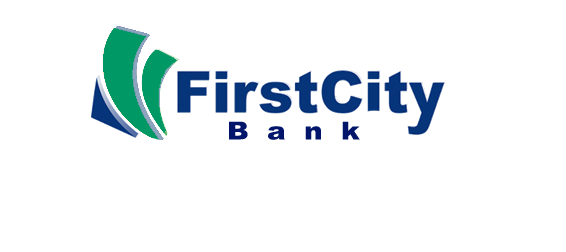Privacy Policy
AUTHORIZATION
It is important to verify that only authorized persons log into online banking. This is achieved by verifying your password. When you submit your password, it is compared with the password we have stored in our secure data center.
We allow you to enter your password incorrectly a limited number of times; too many incorrect passwords will result in the locking of your online banking account until you call us to reinitialize the account.
We monitor and record "bad-login" attempts to detect any suspicious activity (i.e. someone trying to guess your password).
You play a crucial role in preventing others from logging on to your account. Never use easy-to-guess passwords. Examples:
- Birth dates
- First names
- Pet names
- Addresses
- Phone numbers
- Social Security numbers
Never reveal your password to another person. You should periodically change your password in the User Option screen of online banking.
NETWORK SECURITY
The network architecture used to provide the online banking service was designed by the brightest minds in network technology. The architecture is too complex to explain here, but it is important to convey that the computers storing your actual account information are not linked directly to the Internet.
- Transactions initiated through the Internet are received by our online banking Web servers
- These servers route your transaction through firewall servers
- Firewall servers act as a traffic cop between segments of our online banking network used to store information, and the public Internet.
This configuration isolates the publicly accessible Web servers from data stored on our online banking servers and ensures only authorized requests are processed.
Various access control mechanisms, including intrusion detection and anti-virus software, monitor for and protect our systems from potential malicious activity.
Security Features
We provide a number of additional security features in online banking. For example, online banking will "timeout" after a specified period of inactivity. This prevents curious persons from continuing your online banking session if you left your PC unattended without logging out. You may set the timeout period in online banking's User Options screen. We recommend that you always sign off (log out) when done banking online.
